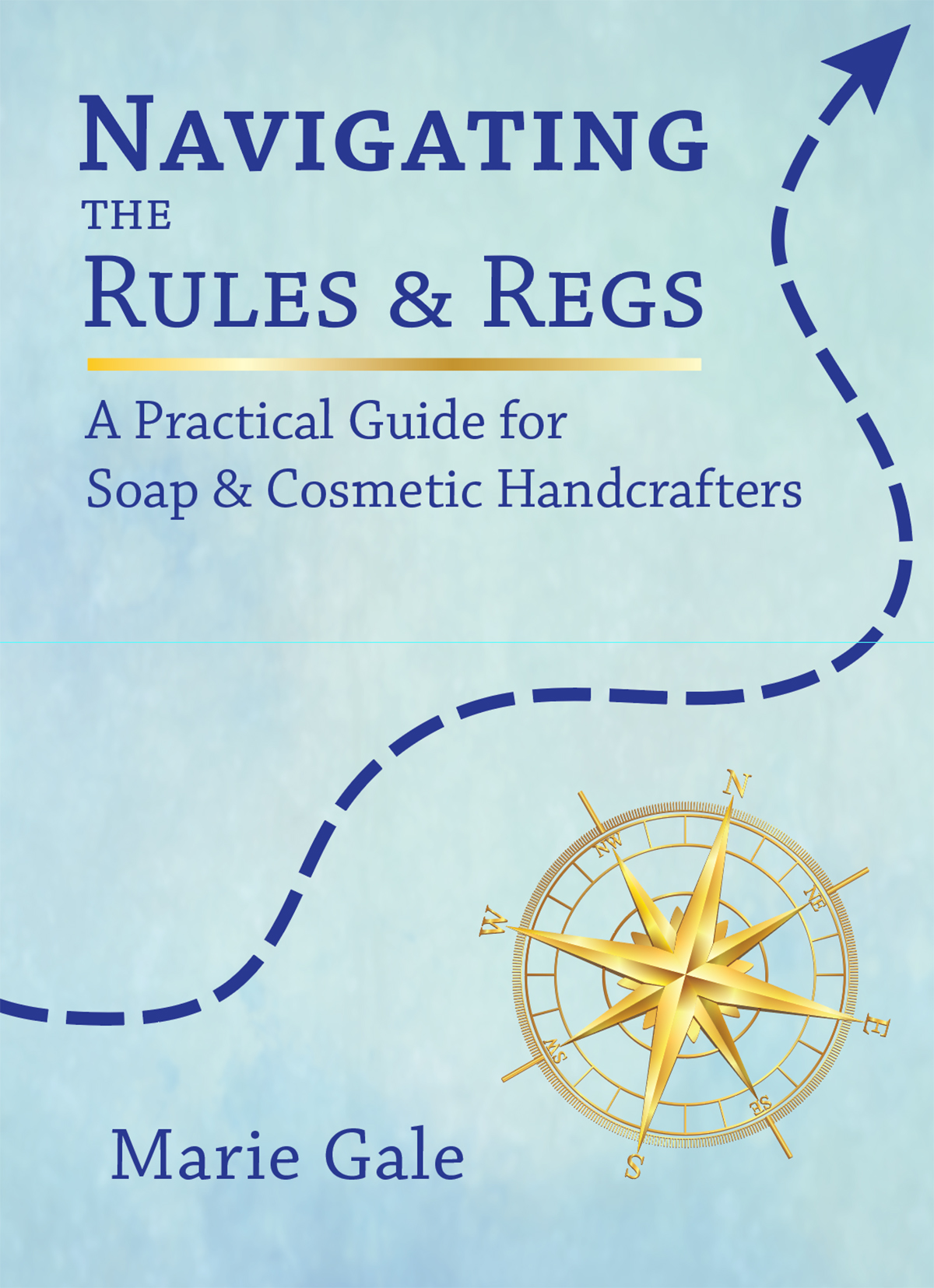Obtaining positive endorsements, testimonials, and reviews are all part of modern marketing.
Consumer-generated content and online word-of-mouth are highly effective marketing tools. So effective, in fact, that the FTC has issued rules and several guidance documents covering reviews, testimonials, or endorsements to make sure they are not deceptive or misleading.
It’s Advertising
The FTC considers endorsements to be of any kind (written, verbal, demonstration, image, etc.) to be advertising when the consumer is likely to believe that it reflects the views, opinions, or experiences of someone other than the sponsoring advertiser. It does not matter if the views are the same as the advertiser; what matters is that they are coming from someone else.
This is particularly true when you have anything to do with getting an endorsement, testimonial, or product review published by someone else. This could include getting friends and family to post favorably, sending out free product(s) for someone to review, or offering payment or other incentives for publicly commenting on a product or service. It also includes any reviews or testimonials you post on your own site.
A personal testimonial or review is considered to be the same as an endorsement, and is treated the same way.
In this post I’ll be calling them endorsements – but that covers any type of review or testimonial, regardless of what form it is in or where it is published.
Three Rules
There are three main rules that apply to any type of endorsement, testimonial, or review. Breaking any of these three basic rules is considered deceptive or misleading advertising.
1. Experience
The person making the review or endorsing the product should have actually tried the product or service before making statements about it. They must have some experience with the product.
2. Honesty
Any statements made about the product must be honest. If the endorser was paid to try a product and thought it was terrible, he can’t say it’s terrific.
3. Disclosure
If you have any connection with the endorser, that connection must be disclosed if it would make a difference to how the consumer would evaluate the endorsement. For example, if your mother says the product is awesome, she should disclose that she’s your mother—even if she really did try the product and loved it. Employees or helpers must disclosed their relationship. If there was any type of incentive to making the endorsement, that must be disclosed as well (more about that below).
Product Reviews on Your Own Website
If you have provisions on your website to publish product reviews, you must have processes in place to ensure that the reviews are genuine and not fake or deceptive.
To keep the review process aboveboard, ask all customers equally; not just customers you think will make positive comments. Never alter a review, especially to make it sound more positive than it really was.
Display positive and negative reviews equally. For example, don’t post all the positive reviews at the top and the negative reviews at the bottom or on a separate page.
If you have provided any type of incentive to the reviewers (such as discount coupons, sample products, etc.), it must be clearly and conspicuously disclosed. Of course, if you offer a discount coupon for a review, you must give it to the reviewer regardless of what they say about the product.
Any statements made in reviews or testimonials on your website are considered part of the labeling for the product. If the reviewer makes inappropriate claims for the product (such that it treats or mitigates disease or alters the function or structure of the body), the review should be removed from the site.
Incentives
Incentives come in all shapes and sizes including, for example:
- Giving a free product in exchange for the review.
- Giving discount coupons or gift cards.
- Cash payment for the review.
- Offering a sweepstakes entry for posting or tweeting about a product, or “liking” or sharing a product or post.
- Giving commissions for product sales.
- Giving some other benefit (travel, meals, hotel, conference fees, etc.).
If you offer an incentive of any kind, never condition the incentive on a positive review or endorsement.
Soliciting Online Reviews
If you ask people to make reviews or post testimonials about your products, they should have actually experienced or used your product.
If you supply the product, give an incentive, or have any other connection to the publication of the review, you have some responsibility for the content of the review AND for ensuring that the endorser discloses the incentive provided.
For cosmetics, this goes one step further. Even if the review is published on a site you don’t own or control, when you provide an incentive, you have a responsibility for making sure the reviewer doesn’t make illegal claims for the product. Giving reviewer guidelines on what they can and cannot say about your product (and keeping documentation of it) may save you heartache later if illegal claims are made by them.
It is completely acceptable—even recommended—that you actually require that the appropriate disclaimers by the reviewer are in place before you give out any incentive.
Example: You offer a reviewer a free product to try. You must inform them that if they do write a review, they must disclose that they received a free product AND that the product is a cosmetic and any review or description of the product should not contain any claims that the product will treat, mitigate, cure, or prevent disease, or to otherwise alter the function or structure of the body. It would also be wise to check on the review and make sure it’s correct.
Review Fairness
The right of consumers to share their honest opinion about a business’ products, services, or conduct in any forum (including on social media) is protected by law. It is illegal for any business to bar or restrict a customer from writing a review, to impose a penalty or fee against someone who gives a negative review, or to require a customer to give up their intellectual property rights (copyright) to the content of their reviews.
- Example: Your e-Commerce terms and conditions may not prohibit a customer from writing a negative review on your site, on their own site or on a third-party site such as Yelp! or Google.
- Example: If you post reviews on your site, you can’t remove reviews just because they are negative.
- Example: You can’t require someone to give up their right to the comment (copyright) as part of posting it.
You can, however, prohibit or remove a review that is unrelated to your products or services, is clearly false or misleading, contains confidential or private information, or that is libelous, harassing, abusive, obscene, vulgar, sexually explicit, etc.
For cosmetic products, you can (and should) remove reviews which contain illegal drug-type claims about the benefits of your product.
Disclosures
Any disclosures relative to endorsements must be clear and conspicuous and use plain and unambiguous language. Disclosures should be close to the content to which they relate, not hidden in footnotes, blocks of text people are unlikely to read, or in links to another page. The disclosure doesn’t need to be complicated, but does need to be understandable and in the same language as the endorsement, testimonial, or review.
On Your Website (as the Seller):
- Example: Customers received a discount coupon for submitting a product review (positive or negative).
- Example: We want to know what you think! We’ll give a 10% discount coupon to any customer submitting a review, no matter your opinion.
By an Endorser:
- Example: I purchase products from XYZ company, but they sent this to me for free to try out.
- Example: Thanks to XYZ company for the gift of this product.
- Example: #XYZ_PaidConsultant.
- Example: This is a paid review.
- Example: This product is made by my brother’s company.
- Example: ZYX company gave me this product to try.
Promoting Your Own Products
If you are promoting your own products on a social media site (or any site that you don’t own and control) you should be clear that you have a vested interest in the product.
If you tweet or post from your personal account about your business or your product, either say that it’s your business/product or put some other disclosure such as #Ad or #IMakeThis or #MyBusiness. The disclosure should be included every time, even if you are re-posting or re-tweeting.
Expert or Organizational Endorsements
When the endorsement is by someone touted to be an expert in the field, the expert should have sufficient (and documented) training or expertise in the field. The endorsement should be based on the expert using his or her expertise. You can’t get your Aunt Sadie to say that she’s an “expert in skin care” if she doesn’t have any bona fide training in the field (i.e., is a dermatologist or aesthetician)—taking care of her own skin for 50 years doesn’t count.
Endorsements by organizations (often issued as certifications or seals of approval) are normally based on the standards set by the organization. These will be covered in a separate post.
Copyright
Reviews, testimonials, and endorsements are subject to copyright. The copyright belongs to the person who writes (or videos) the content—the author.
You must get permission of the author to copy the content or to use the material on your website or in any type of promotional material.
When an online shopping cart has provisions for product reviews, permission to use the content is normally built in. However, if you are going to use an online review made on your website for some other purpose, check the copyright or permissions first.
If you want to quote a review given elsewhere than on your site, get permission first.
International
There are comparable laws and regulations in many countries around the world. As with the laws in the US, regulations cover both the “influencer” and the company whose products are being promoted. If you intend to sell internationally or to have individuals or companies in another country reviewing your products, get familiar with the regulations in that country.



Leave a Reply